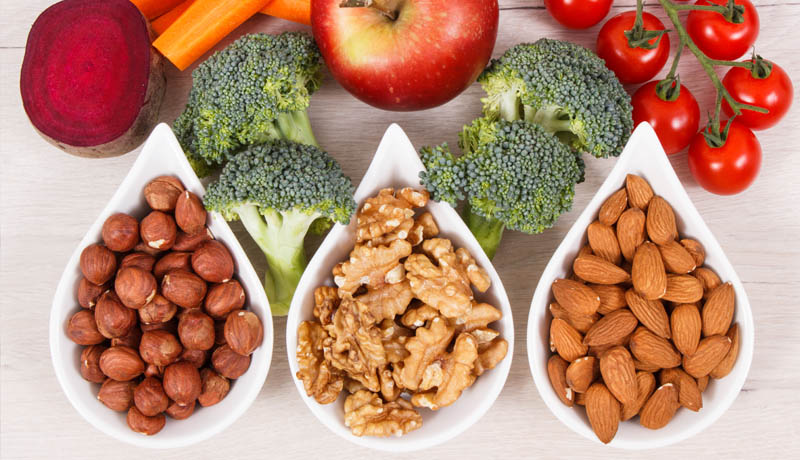We’ve all been here before – a major deadline is close, you’ve been working all day and now into the night. You’ve barely stopped for food, so you might grab a quick coffee or a muffin from your local cafe before getting back to the grind.
Although it may feel exhilarating at first to sprint to a deadline, eating less-than-optimal food isn’t going to help you maintain peak performance or help you stay productive. Your mind is a muscle, and you should think of it like a professional athlete in the creative and business world. As a professional, you need to take care of yourself, recover, and be fueled properly. This takes discipline, commitment and a clear focus on your goals.
Just like an expensive car, your brain can be damaged if you ingest anything other than premium fuel. If you use lower-quality fuel (like highly-processed or refined foods) your brain will not be operating with anything resembling peak performance. Diets high in refined sugars, for example, are highly problematic for your brain. In addition to worsening your body’s regulation of insulin, they also heighten inflammation and oxidative stress. Multiple studies have found a correlation between a diet high in refined sugars and impaired brain function — and even a worsening of symptoms of mood disorders, such as depression.
“Like an expensive car, your brain functions best when it gets only premium fuel. Eating high-quality foods that contain lots of vitamins, minerals, and antioxidants nourishes the brain and protects it from oxidative stress.”
If you neglect your nutrition, your ability to stay at peak performance can be impacted in the following ways:
1. Self-Control Will Suffer
Don’t make a big decision when you are hungry!
Blood sugar levels spike when you consume foods with a high glycemic index value (like sugary or carbohydrate-rich foods). The energy you get from these spikes only lasts for a short time before it suddenly decreases. If you don’t eat regularly, not only will you lose energy, but you’ll also find yourself getting hungry much sooner than you’d like.
The hormone ghrelin is released when you are hungry. This hormone impacts impulsivity and decision-making capabilities, according to research. If you’re hungry or if you eat something that causes your blood sugar to drop drastically, it becomes very hard to delay gratification and make the best decision.
To get the most nutrients with the lowest glycemic index, fill your lunch with rolled oats, sweet potatoes, and dark leafy greens. This will help you to make smart decisions throughout the day with long-term gratification and goals in mind.
2. Productivity Will Nosedive
People often eat very carbohydrate-rich breakfasts with cereal, toast, muffins and fruit. This early morning carbohydrate load is not going to help you sustain your energy or productivity through the day, however.
A standard American diet high in carbohydrates causes a substantial impact on brain tryptophan levels and serotonin synthesis, according to research. Your productivity takes a major hit when you eat a lot of carbohydrates in one sitting. Your mood and cognition are greatly impacted by fluctuations and reduction in your ability to focus and complete tasks.
One alternative is to have eggs for breakfast. The choline in eggs is a nutrient that improves memory and reaction time while the protein sustains your energy and prevents blood sugar drops.
3. You Can’t Get Off the Treadmill of Exhaustion
One of the most-consumed mind-altering substances in the world is caffeine. Most people rely on it to fire up their minds and stay focused. However, when you start to consume it too often during the day, you body is unable to substantially remove it before you go to sleep, leading to reduced sleep quality and the need to repeat the caffeination cycle the next day.
Eating large meals too close to bedtime – because you’ve been at your desk until late into the evening – will also damage your sleep quality. The demands of digestion will effectively tell you body it’s time to fuel up and keep going rather than winding down for rest and recuperation.
The old saying – you are what you eat –refers to the nutritional parts of food that create optimal health and performance. Think of yourself as a finely tuned vehicle. You wouldn’t put cheap gas into a high-performance sports car, so don’t put low-quality, empty calories into your body and expect peak performance.
Contact us for more Info.



